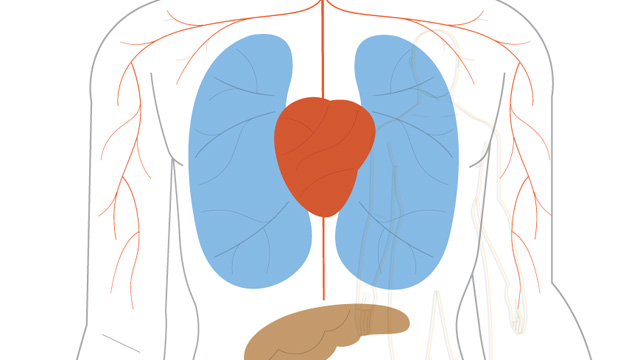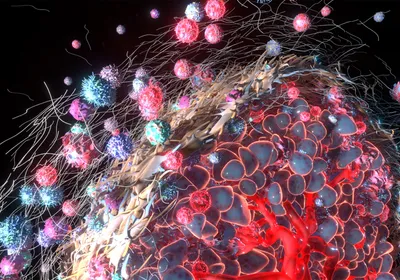 Infographic: Suspected Effects of Vitamin D
Infographic: Suspected Effects of Vitamin D
View full size JPG | PDFHARRY CAMPBELL
Vitamin D has a variety of actions in the body. It binds to the vitamin D receptor (VDR), which then binds to the retinoid X receptor (RXR) and activates the expression of numerous genes. Through this mechanism, vitamin D promotes calcium absorption in the gut and helps maintain calcium and phosphate levels to promote healthy bones. It also helps regulate genes involved in cell growth, neuromuscular and immune function, and reduction of inflammation. Accordingly, vitamin D deficiency has been linked with a wide range of diseases.






















